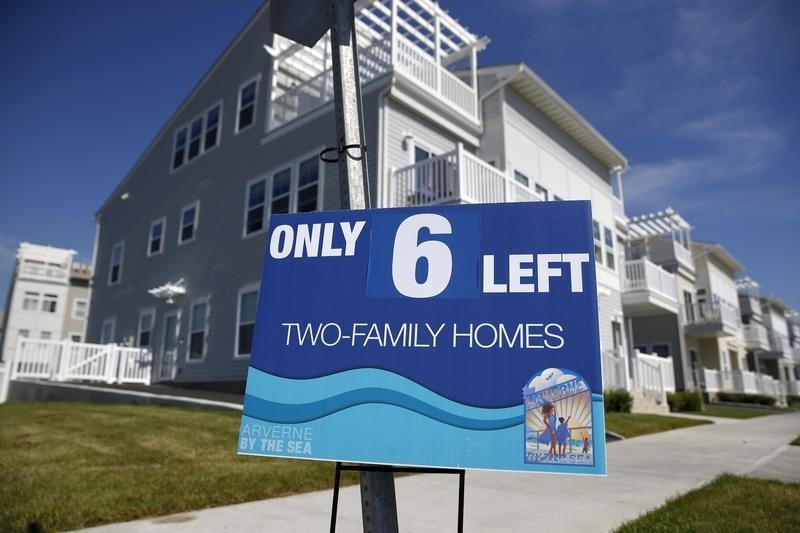(Bloomberg) -- As a wave of pent-up homebuying emerges across the U.S., a pesky and oft-forgotten trade dispute with Canada is boosting building costs.
A long-simmering spat between the U.S. and Canada over softwood lumber is adding to the expenses homebuilders face in the fallout from disruptions related to the coronavirus pandemic, said David Logan, director of tax and trade policy analysis for the Washington-based National Association of Home Builders. Lumber mills in the Pacific Northwest cut production amid lockdowns, and builders are buying more wood from Canada, he said.
Canadian producers are paying average tariffs of more than 20% on timber shipments to the U.S., and that translates into an average price increase of about 8% in the U.S., Logan said. Construction is topping forecasts, and builders will be forced to absorb the additional expenses, he said. Framing lumber accounts for as much as a fifth of the material costs of erecting a home.
“The majority of homebuilders in America are truly small businesses, building fewer than 10 homes a year,” Logan said in a telephone interview. “So the effects that the pandemic has had on the economy make it a lot more difficult for builders to absorb those costs.”
Lumber futures have soared more 70% from a four-year low on April 1. Supplies tightened at a time when people stuck at home spent more time on repairs and improvements.
The Trump administration slapped punitive tariffs on Canadian softwood lumber in 2017, saying the industry is unfairly subsidized. While the move supports U.S. producers, it adds to costs for domestic builders who get more than a quarter of their lumber from north of the border.
The odds are low that the Canada-U.S. fight will be settled this year. The Trump administration has focused on trade disputes with China, and prices are strong, said Kevin Mason, managing director of Vancouver-based ERA Forest Products Research.
“This thing is dead as a doornail for 2020,” Mason said in a phone interview. “This year, there’s just no hope of anything getting negotiated.”
©2020 Bloomberg L.P.
